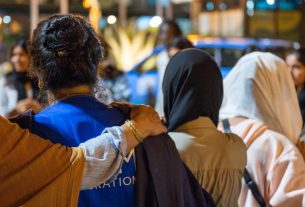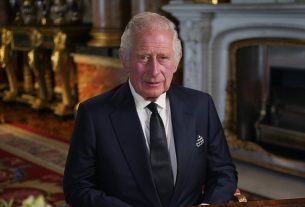Briefing ambassadors at the Security Council, Jean-Pierre Lacroix said that if the parties display greater political will and invest adequate resources, credible elections can still take place before the end of the transition period.
“Despite the shortcomings in implementation, the peace agreement did instill a period of stability at the national level and brought opponents who fought two civil wars to the table and enabled them to govern from within a Government of National Unity (GNU),” he explained.
“It is now time for all to come together to build on this achievement. Peaceful conduct and implementation of the outcome of the elections should, therefore, be a shared strategic goal of all stakeholders,” he added.
‘Only viable framework’
During his briefing, Under-Secretary-General Lacroix highlighted that the peace agreement remains the “only viable framework” to achieve peace and stability in South Sudan.
In that context, he stressed the that was “imperative” to harmonize the UN position on key political issues with those of the east African regional development bloc IGAD and the African Union (AU).
With both IGAD and the AU having expressed support for the elections the UN “will, therefore, offer as much support as possible in line with its mandate,” he said, stressing the importance of having the requisite architecture to ensure that polls are peaceful and credible.
“As things stand, South Sudan is not ready for elections and a lot needs to be done. But as stated in the Secretary-General’s report, if the parties display political will and timely invest adequate resources, credible elections can still take place before the end of the transition period,” he added.
‘A myriad of factors’
Mr. Lacroix further noted that a myriad of factors will likely affect elections in South Sudan.
“A fledgling economy has intensified fights over resources and led to high unemployment particularly impacting the youth,” he said, noting also political competition amongst the ruling elite, increased inter communal clashes and the added strain inflicted by the influx of those escaping the conflict in neighboring Sudan.
These factors contribute to the assessment that elections, when held, may occur in an environment of heightened tensions and restricted civic and political space in the country, he cautioned.
“Therefore, if not managed carefully, they carry the potential for violence with disastrous consequences for an already fragile country and the wider region,” he said.



